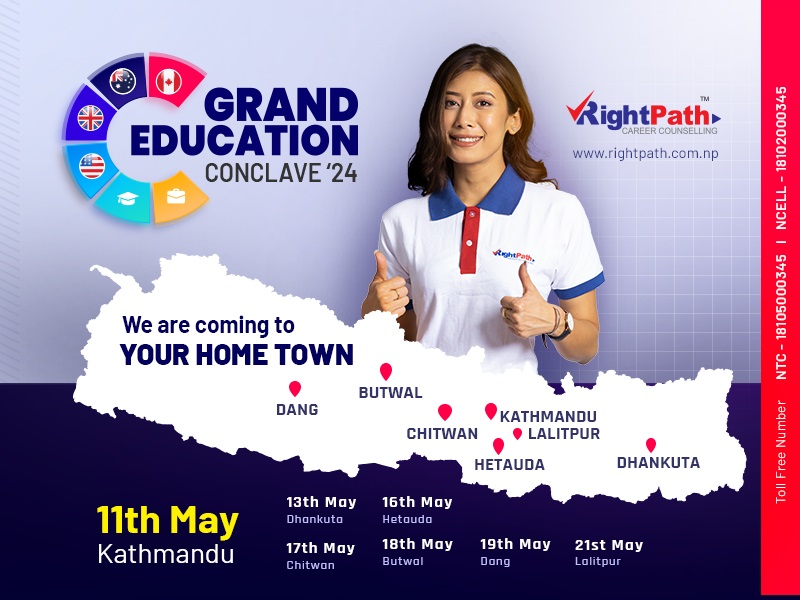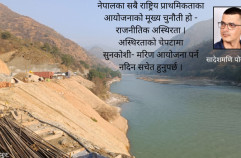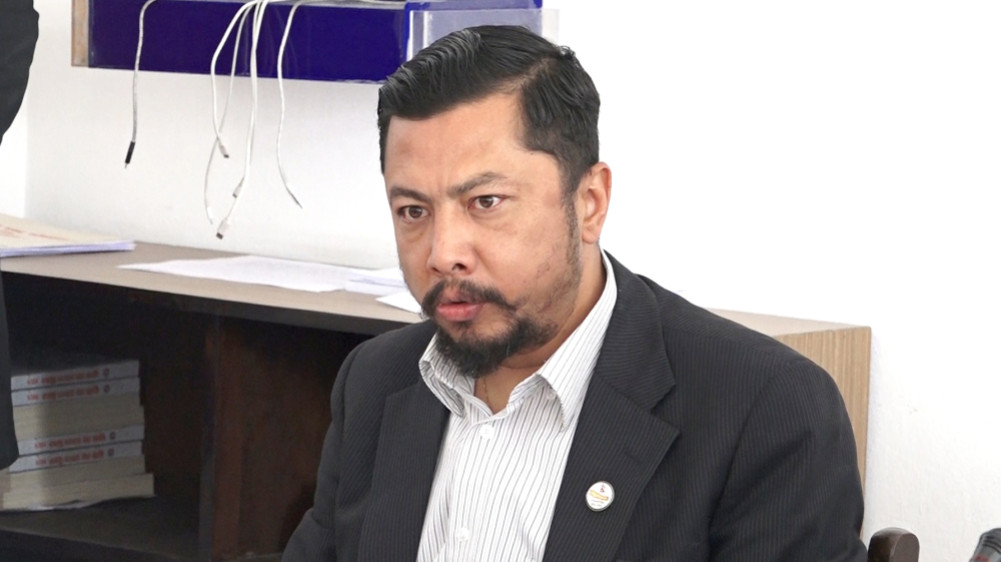"Blackmailing" power over emotions
We use Google Cloud Translation Services. Google requires we provide the following disclaimer relating to use of this service:
This service may contain translations powered by Google. Google disclaims all warranties related to the translations, expressed or implied, including any warranties of accuracy, reliability, and any implied warranties of merchantability, fitness for a particular purpose, and noninfringement.


The various laws introduced by the government to manage land further marginalized and landless the ethnically divided communities. Sometimes in the name of integration, sometimes in the name of protection and sometimes in the name of development, the process of marginalization of the communities that have been left behind by the state has not stopped yet.



Different communities are resisting the same trend of the state. During the resistance, the Madhesh people Musahar, the Limbu people of the eastern hills, and the Tharus living in the Midwest, who are struggling for social justice, are silent and shed tears. The dominant class of society analyzes these means of emotional expression as 'weakness', 'illiterate' and 'false'. A deeper discussion is needed to find a solution with a habit of understanding and listening rather than ignoring emotional communication and expressions against injustice. Therefore, in the struggle for equal rights, emotion is not a weakness, but a way of resisting constant discrimination.
'We are earthlings. A man who is struggling from the very back of the rural community. I try to enjoy life. When we started the land movement, Baldev Ba comes to mind. I was in 8th or 9th standard. I went to Dindukhi. They are all deprived of land. I am also landless. No matter where you go, it seems like a chain is tied...,' while saying this, Arun Sada, who is fighting for the rights of the landless Dalit community of Madhesh, stopped speaking. He sat staring at the ground. He drank a glass of water from the table in front of him. He bowed his head and sighed.
Arun Sada's three-minute emotional silence raised many questions to understand the multifaceted marginalization created by landlessness in the Madhesi Dalit community. Why should he say 'Sari'? He is living without land, and the discrimination that a person from the Dalit community is experiencing, why is it that the society does not understand much except that the society calls it 'Vichra' out of sympathy? Although the country's political system has changed many times, it is clear that there has been no significant change in the current situation of the Dalits of Madhesh who have been socially, politically and economically excluded for decades due to Arun Sada's silence. Psychologists associate emotions only with irrational feelings and chemicals produced in the body, while the so-called upper castes or classes in the society say that those who get carried away by emotions do not reach their destination. They often portray emotions in a negative way by saying, "If you don't read when you are reading, where do you get carried away by emotions now?"
A few days ago, when I spoke to Arun Sada, he defended his feelings and said, 'That silence was not fake.' Silence was associated with his feelings. The silence was telling the story of Dalits' direct experience of landlessness and discrimination. It is also evidence of historical structural injustice, oppression and exclusion. A
emotion is an inner feeling that a person expresses in different ways when they are in extreme pain or excitement. Emotional expression is not just an individual feeling, it is a way or language of expressing shared suffering, pain, discrimination and deprivation. So expressing emotions and remaining silent is not meaningless, wisdom, conscience and irrationality. Emotions are not a sign of weakness, but a way of coping with a sense of injustice that has been experienced over the years. Therefore, to interpret the way of expressing the sentiments of the rights activists from marginalized communities only as weakness and lack of conscience is like denying the social, economic and political differences in a way. To understand the difference we must be able to perceive and interpret emotions by constructing them differently.
Geeta Chaudhary read the law saying that after seeing the discrimination against the Tharu community living in the central area of Bardia National Park, they should be allowed to enter the forest. He added a feeling of pain between seeing the discrimination and reading the law. She said, "The forest felt like home. I spent a lot of time there. The soil raised by Dhamira in the forest is sacred to us. I would like to keep my arms open a little more when I am not allowed to enter the forest.' Just as Arun was always a member of the community, the oppression and injustice done by the government was reflected in his silence, so it was expressed through the eyes of Geeta Chaudhary. Geetha and Arun, when they are lobbying that they need land for safe housing and do not cause pain in the name of protection, how many people can be rational than that the sentiments expressed are meaningless and senseless?
emotion and laughter characters
A year ago, State MP Nirmala Limbu protested against the name of Province 1 as 'Koshi Pradesh' and protested the nomination in the State Assembly crying. After the video of her crying was aired, she complained about being made a 'laughing character' through a speech. Pro-identity and opponents of the identity movement blasted his sentiments. They also blamed the proportional electoral system. In her speech, she revealed the reason for objecting to the nomination, "Kholanala does not need recognition and rights." The community that protects those rivers is needed for equality.' But his disagreement did not become a topic of discussion, the topic of crying got more discussion, that too in a 'weak' sense.
US President Barack Obama cried seven times during his tenure in public. Analysts have discussed this cry or emotion of his as 'a person who can closely understand pain, injustice and discrimination'.
The government forced various communities through the Civil Act 1910 that you are a 'minor caste'. Its remains are now in various forms. It has been a century since the tribals raised their voice that we were discriminated against. Some things have not changed, but the land has not yet come under the ownership of the Dalits of Madhesh. They are deprived of citizenship because they do not have land. Because of their lack of citizenship, children are deprived of schooling and nutritional allowances. They are deprived of the health insurance implemented by the government and the subsidies coming in the name of agriculture. Arun always says, "The speech of the Dalit community does not sell in the society. Get up and blow the wind. Sit down and don't listen.'
This is also connected with the 'No Koshi' movement in eastern Nepal. This movement is not new. After the Salt Water Treaty of 1831 between the Shah and the King of Limbuwan, it continues. The Limbu community did not like the change to Mukumlung Pathibhara Devi in Taplejung. Mundhum, the place where history, tradition and culture are connected, is about to return to its old name. State MP Nirmala Limbu has been pained for being ousted from her seat. Yesterday, the Tharu community was openly gathering firewood and grass, but the connection with the forest was broken after it became a protected area in 2032.
The story mentioned represents the common discrimination experienced by the tribals and Dalits across Nepal. The process of playing on the feelings of those communities has not been stopped by those who reach power and authority by making a ladder of their feelings saying that they are on the side of those who are at the bottom of the social structure. The inability of those in power to empathize closely with the sentiments of the tribals is the main reason why the case is not heard. Therefore, one should cry against social, economic and political inequality without hesitation in public functions and remain silent in crowds so that expressions do not prove to be false and weak.
प्रकाशित : चैत्र १५, २०८० ०८:३०

 १९.१२°C काठमाडौं
१९.१२°C काठमाडौं















